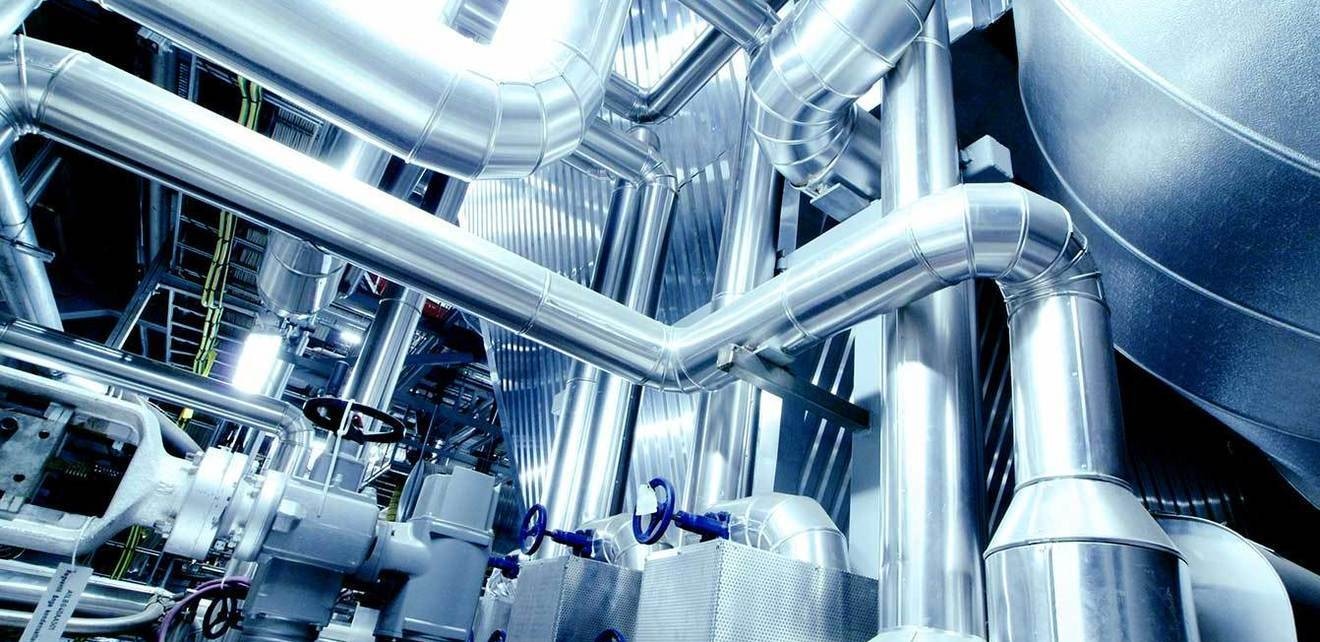Home > Blog
Read Time — 4 minutes
Innovation, Meet Integration: Unlocking ERP's Potential To Fuel Chemical Manufacturing Success

The chemical industry, encompassing a diverse range of sub-industries such as paint, inks, coatings, adhesives, sealants, oil, gas, petroleum, and bulk chemicals, is undergoing a period of significant transformation. This evolution is driven by various factors, including technological advancements, evolving customer demands, and heightened regulatory pressures. As we enter 2024, batch and process manufacturers in the chemical industry must stay aligned with emerging trends to maintain their competitive edge and ensure long-term success.
1. Embracing digitalization and Industry 4.0
The adoption of Industry 4.0 principles is sweeping across the manufacturing landscape, and the chemical industry is no exception. Digitalization is transforming operations, enabling manufacturers to gather real-time data, optimize processes, and enhance decision-making. This data-driven approach leads to increased efficiency, improved product quality, and reduced downtime.
ERP (Enterprise Resource Planning) software is pivotal in digitalization efforts, providing a centralized platform for managing production processes, inventory, supply chain, and customer relationships. ERP systems can integrate with sensors, IoT (Internet of Things) devices, and other Industry 4.0 technologies to collect and analyze data, providing insights into plant performance, resource utilization, and potential bottlenecks.
2. Addressing supply chain challenges
Supply chain disruptions have become a defining feature of the post-pandemic era, posing significant challenges for batch and process manufacturers in the chemical industry. Shortages of raw materials, transportation delays, and geopolitical tensions have disrupted production schedules, increased costs, and tested the resilience of supply chains.
ERP systems can help manufacturers navigate these disruptions by providing visibility into inventory levels, enabling them to optimize procurement strategies, identify alternative suppliers, and manage risk. Additionally, ERP can facilitate collaboration among supply chain partners, fostering transparency and enabling proactive responses to disruptions.
3. Enhancing sustainability and environmental stewardship
Sustainability is no longer a buzzword but an imperative for businesses in the chemical industry. Consumers and regulators increasingly demand environmentally friendly products and processes, driving manufacturers to adopt sustainable practices.
ERP systems can support sustainability initiatives by tracking energy consumption, emissions, and waste generation. This data can be used to identify areas for improvement and implement more sustainable practices, such as energy-efficient technologies, waste reduction programs, and circular economy initiatives.
4. Adapting to evolving customer demands
Customer expectations are constantly evolving, and the chemical industry must adapt to meet these changing demands. Manufacturers need to be more responsive, offer customized products, and deliver faster lead times.
ERP systems can help manufacturers address these demands by improving product development processes, enabling mass customization, and optimizing production planning. Additionally, ERP can enhance customer service by providing real-time order tracking, accurate product information, and streamlined communication channels.
5. Ensuring regulatory compliance and safety
The chemical industry is subject to stringent regulatory requirements, and compliance is paramount for manufacturers to operate safely and legally.
ERP systems can help manufacturers manage regulatory compliance by tracking hazardous materials, generating audit trails, and ensuring that production processes adhere to safety standards.
6. Utilizing data for actionable insights
Chemical companies have access to massive amounts of data from across the business. Seeing all that information in one comprehensive solution is paramount in making more informed decisions.
ERP systems can help manufacturers consolidate this data on a single platform, enabling advanced analytics for actionable insights. Identifying cost drivers, improving OEE metrics, predicting maintenance needs, etc., can help enormously boost productivity and profitability.
The role of ERP in enhancing business agility and resilience
In the face of these evolving trends and challenges, ERP systems have emerged as a critical tool for batch and process manufacturers in the chemical industry. ERP provides a comprehensive and integrated platform for managing all aspects of the business, from production to supply chain to customer relationships.
By implementing an ERP system, manufacturers can:
- Improve operational efficiency and reduce costs
- Enhance product quality and consistency
- Strengthen supply chain resilience and mitigate disruptions
- Adapt to changing customer demands and market trends
- Ensure regulatory compliance and safety
As you navigate the evolving landscape, consider Deacom ERP, which can help chemical manufacturers achieve greater agility and resilience, enabling them to navigate the dynamic and challenging landscape of the chemical industry in 2024 and beyond. By embracing digitalization and leveraging the power of Deacom, batch and process manufacturers can position themselves for sustainable growth and success in the years to come.
If you enjoyed reading this blog, check out these articles:



